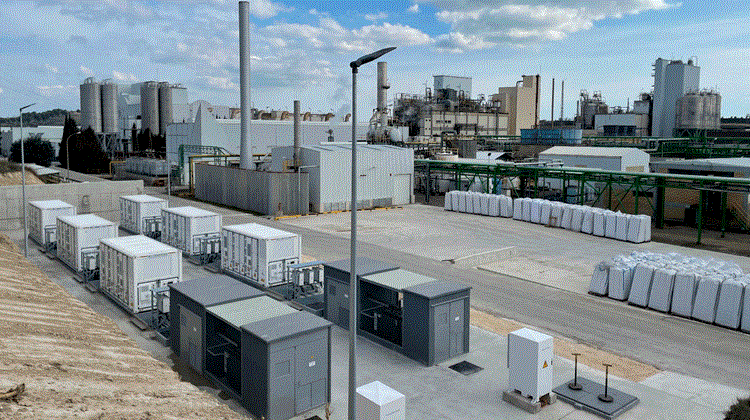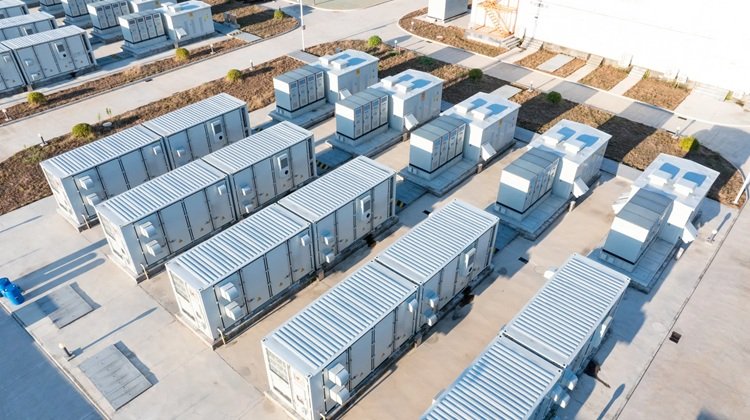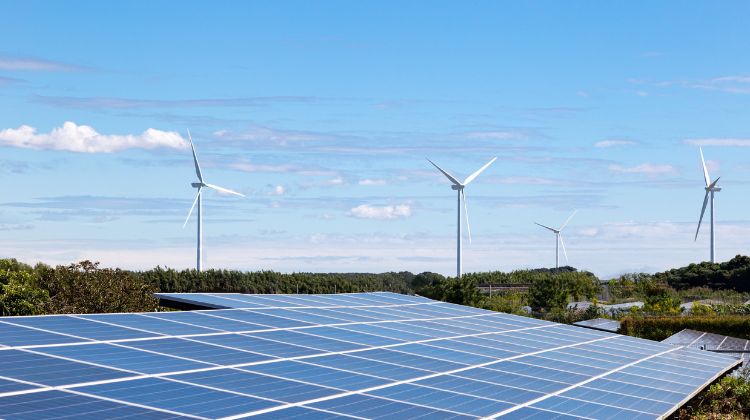Spain urgently needs a regulation to activate a capacity mechanism, warns Chema Zabala, Managing Director of Alantra Energy Transition, to Strategic Energy Europe. According to the executive, the current generation mix and future demand expectations could generate stress situations in the grid, leaving the country without sufficient firm capacity at critical moments. “The system operator has identified that with the expectations of demand and the current mix, there may be stress situations where there is a lack of firm capacity to cover demand,” explains Zabala.
Technologies such as combined cycles and potentially batteries, key to providing firmness, are currently facing economic losses that could lead to their closure without a mechanism that ensures their remuneration.
The Ministry for the Ecological Transition and the Demographic Challenge (MITECO) proposed a capacity market that contemplates the participation of generation, storage, and demand. This market will be structured through competitive auctions managed by Red Eléctrica de España (REE), with supervision from the National Commission on Markets and Competition (CNMC).
The auctions will be divided into three types:
-
Main auctions: Oriented to cover long-term structural needs, with contracts of up to 15 years.
-
Adjustment auctions: Intended to resolve occasional deviations or unforeseen needs, with entry and delivery periods of 12 months.
-
Transitional auctions: Focused on activating the mechanism to provide firm capacity during the transition period toward full market implementation.
Participating generation facilities may not emit more than 550 g of CO₂ per kWh, and must comply with firmness and flexibility requirements that allow the integration of renewables.
Iberian Blackout: A Wake-up Call for Europe
In addition, on 28 April 2025, a massive blackout affected Spain, Portugal, and parts of southern France, leaving millions of people without electricity for several hours. This event exposed the vulnerability of Europe’s electricity networks and underscored the urgency of strengthening energy infrastructure to avoid future crises.
Despite the fact that its causes are still under investigation, the event reignited the debate on the need to review operational protocols for the integration of renewable energies into the electricity system. “We cannot affirm that the blackout was due to the lack of a capacity mechanism, but it is evident that having one that incentivises storage could contribute not only firmness, but also key services such as voltage control and system stability, which do seem to be related to what occurred on 28 April,” indicates Zabala. “Without doubt, storage will help ensure that these types of events are either avoided or, at the very least, minimised in terms of their impact,” he adds.
Zabala will be one of the key figures at the Future Energy Summit (FES) Iberia 2025, the high-level meeting that will bring together more than 400 energy sector executives on 24 June at the Betancourt Auditorium of the College of Civil Engineers in Madrid. The meeting will address energy security, the role of storage, and regulatory challenges for the integration of renewables.
The context in which this event will take place could not be more timely, as it will cover themes that raise alerts about the need to reinforce the resilience of the electricity system.
Storage as a Key Solution
In this context, energy storage emerges as a key solution. “It is a technology that should allow greater security in the operation of the system,” affirms the executive. He highlights its ability to offer rapid response services, voltage control, and locational support, which are essential in a system with high renewable penetration.
For Alantra, storage is a central part of the solution, but its rollout also requires predictability. “More and more, market signals suggest that investment in storage is profitable,” comments Zabala.
Barriers to Development and Market Signals
Even though the market context is not halting investment, the development of storage projects is facing obstacles.“We are not seeing delays because of the market, but due to the project development itself,” explains Zabala, mentioning in particular permitting issues and land use.
Nevertheless, the market is offering promising signals. “More and more, market signals suggest that investment in storage is profitable,” he states. Although the capacity mechanism is not designed for this technology, it may enhance bankability by offering contracted revenues.
FEDER Funds and Public Support
Zabala emphasises the role that FEDER funds can play, with allocations expected before the end of the year. “A relevant amount of support should be allocated to storage projects, which will allow the mix available in the system to scale up quickly,” he notes.
The European Regional Development Fund (FEDER) is one of the EU’s main financial instruments aimed at reducing disparities between regions and promoting balanced development.
In the energy sector, FEDER co-finances projects that promote energy efficiency, renewable energy, and energy storage, thus contributing to the transition to a low-carbon economy.
According to the European Parliament, the European Regional Development Fund (FEDER) will allocate more than €200 billion between 2021 and 2027 to cohesion projects, a significant portion of which will be aimed at energy efficiency, storage, and low-carbon infrastructure.
Spain has announced the allocation of up to €700 million in FEDER funds for storage projects, to be distributed in 2025.
Zabala highlights that this support, together with clear market signals, can accelerate the scale-up of storage in the country.
In total, FEDER is expected to finance between 50% and 85% of strategic projects in less developed regions, making it a critical tool for the integration of renewables in areas with structural limitations.
European Comparison and Future Challenges
Zabala points out that Spain’s challenges are shared by other European markets, such as Germany and Italy. “We see a great difference between mid-day prices and night-time peak prices, with very high integration costs,” he notes.
Other countries are responding with different mechanisms to promote storage, such as contracted revenues in Italy or arbitrage and balancing services in Germany. In the Spanish case, “The structural spread is moderate, but interesting, and balancing services are skyrocketing,” he explains.
A Call to Action
For Zabala, the response can no longer be delayed. “We hope that this year will bring a very important boost for storage,” he states. In his opinion, the Government must review the operation of the system and, if necessary, update components of renewable plants to better address these challenges.
Finally, the executive sums up the sector’s core objective: “The sector must not be slowed down, but rather move in the right direction with the adjustments that have long been called for.”



























